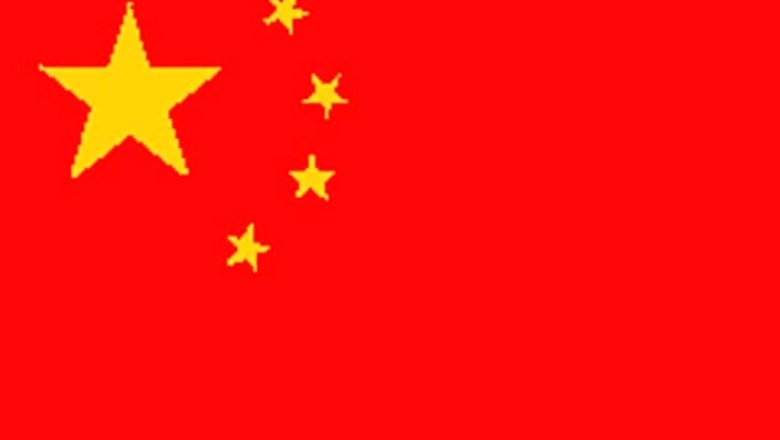
views
Washington: US resistance to a Chinese-led Asian regional bank has left it isolated among its Asian and European allies and given some heft to China's frequent complaints that Washington wants to contain its rise as a world power.
South Korea, one of America's closest friends in Asia, announced yesterday it will join the Asian Infrastructure Investment Bank, or AIIB, which is intended to help finance construction of roads and other infrastructure.
Beijing has pledged to put up most of the initial US dollar 50 billion in capital for the bank, which is expected to be set up by year's end.
The US has expressed concern the new bank will allow looser lending standards for the environment, laboUr rights and financial transparency, undercutting the World Bank, where the US has the most clout, and the Asian Development Bank, where it is the second-largest shareholder after Japan.
But since Britain broke with Washington two weeks ago and announced it was signing up for the AIIB, the floodgates have opened. France, Germany, Italy and Switzerland quickly followed. On Wednesday, Prime Minister Tony Abbott heavily hinted Australia would also join.
While Japan, which has tense relations with China, is still holding out, the Obama administration appears increasingly at odds with sentiment in the very region where it has striven to forge closer ties for the past five years. India and all 10 members of Southeast Asia's regional bloc are among the more than 30 governments that have so far sought to join the bank before a March 31 deadline.
That has prompted handwringing among Asia-watchers in Washington. Many policy experts have been urging for months that the US has a better shot at reforming the new bank from inside the tent than outside.
"By maintaining their distance from the bank, American and Japanese responses seem problematic at best and churlish at worst," wrote Jonathan Pollack, a specialist on East Asia at the Brookings Institution.
"It is a small-potato issue that is making the United States look weak at a time when US influence in the region is otherwise quite strong," said Elizabeth Economy, director for Asia studies at the Council on Foreign Relations. China has been reveling in Washington's unease.



















Comments
0 comment